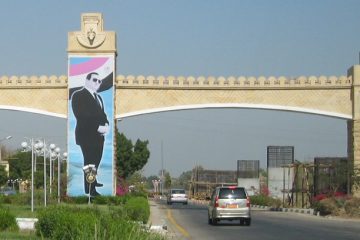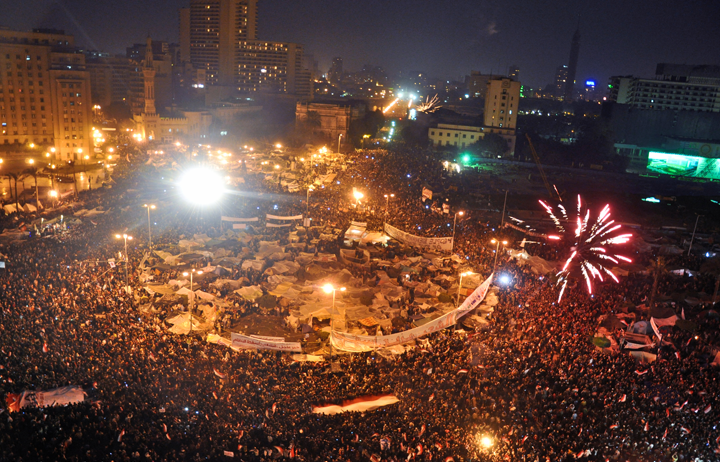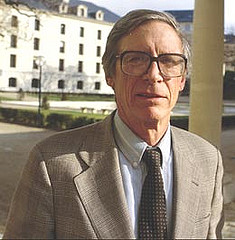Why did Plato conclude the “Republic” with the Myth of Er?
In many of the standard narratives that political theory tells about its history and origins, Plato’s Republic stands out as a kind of foundation text of the discipline itself. As Plato’s most celebrated work of political theory, it is usually the first text taught in introductory surveys of the history of political thought. It is safe to say almost all political theorists – if not most political scientists – have had to study it over the course of their education and training. Yet despite its canonical status and familiarity, the Republic is not always a straightforward text. Plato was, on top of being a philosopher, a master prose stylist who paid great attention to the literary construction of his dialogues. Nowhere in the Republic is this …

What Mubarak’s acquittal means for Egypt
On 13 March 2017, the legal saga of the trial of Hosni Mubarak ended. The deposed autocrat, who was convicted and sentenced to life in prison for his complicity in the killing of hundreds of demonstrators and embezzlement on a grander scale, was acquitted by Egypt’s Court of Cassation and freed from his detention. “The trial of the century”, as Egyptians have dubbed Mubarak’s prosecution, began soon after millions of Arabs took to the streets all over the Middle East, and it was concluded against the backdrop of the deep frustration of most from the results of the Arab Spring. This legal ordeal is but one prominent manifestation of the decisive role that the legal system played during the struggle …

A democratic case for the free market?
Democracy is morally prior to the economy. The structure of the economy is something a sovereign people may and should design and redesign to secure its common good – that is, the shared interest of each and every citizen in life, liberty and economic opportunity. This is the basic premise of the ‘Democratic Wealth’ series that I have the pleasure of editing. This is, however, by no means an uncontroversial premise.

Egypt’s 2011 Revolution: Beyond Conventional Transitional Justice
After former Egyptian President Hosni Mubarak was toppled in February 2011, the Supreme Council for the Armed Forces assumed executive power in Egypt, and launched the ‘transitional period.’ In the seemingly boundless space created by Mubarak’s absence, millions of citizens freely debated every aspect of the emerging political and social order, in public meetings, at home, in the media, and on the streets. It was a time of limitless imagination. Meanwhile, amongst international and Egyptian human rights organisations, a more contained conversation began on the practice and precedents of transitional justice. Cairo soon played host to major conferences on the subject. In these meetings, three central assumptions were regularly made, particularly by international participants. First, transitional justice precedents offer the …

Rawls on Wall Street: comparing his theory of justice to economic liberal theory
In terms of the financial crisis, there are fascinating links between the Rawlsian theory of justice and the economic liberal theory which has drawn criticsm for failing to predict the crash. For Rawlsian adepts: this is not an attempt to apply Rawls’ theory of justice to explain the current economic crisis. It would not be suited to do so and neither was it designed to do so. But highlighting these links may teach us a thing or two about both endeavours and also give us pause about the Rawlsian project itself. Much (too much?) has been written about Rawls, both in defense of his project and against it. Those in disagreement generally use one of two strategies: attack the …









